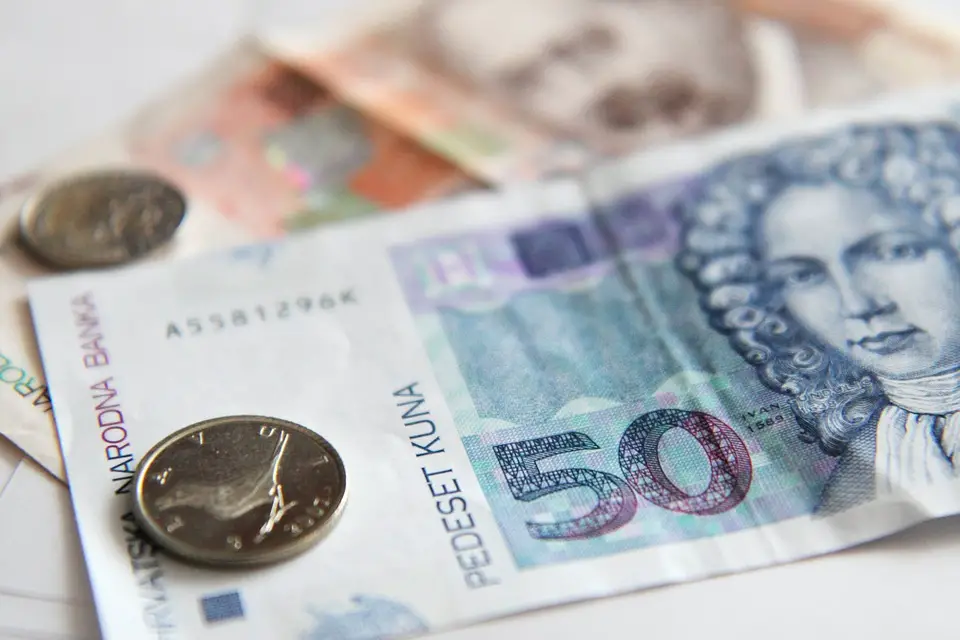As Poslovni Dnevnik writes, CNB Governor Boris Vujcic spoke in Croatian Parliament on Thursday and explained that, unlike the forecasts for Croatian economic growth, which are generally very good, the projections of inflation are dominated by negative risks, ie those that could lead to higher inflation rates.
In Parliament, where he presented the Croatian National Bank’s semi-annual piece of information on the nation’s overall financial situation, price stability and the implementation of monetary policy in the second half of last year, Vujcic reminded those present of the CNB’s projections for economic growth of 8.5 percent this year, and of 4.1 percent in 2022, which, he estimated, will have a positive impact on both the situation with employment and the situation with average wages.
“Due to the sheer amount of uncertainties which still remain in place, it’s possible that these projections will not end up actuallybeing realised, but unlike the previous ones, the positive and negative risks are balanced,” said Vujcic. He explained that the negative risks to the domestic economy relate to the possibility that the epidemiological situation in the Eurozone will worsen in the fourth quarter and that any remaining restrictive measures will be tightened once again, which would result in weaker foreign demand and as such, negatively affect Croatian exports.
When it comes to the situation with inflation, it will accelerate to 2.3 percent this year, and slow slightly to 2.1 percent in 2022. In the previous part of the year, the acceleration of inflation occurred mainly under the influence of rising energy and food prices, said CNB Governor Boris Vujcic, emphasising the fact that the current projections of inflation are dominated by negative risks, ie those that could lead to higher rates eventually.
For more on Croatian monetary policy, follow our politics section.










